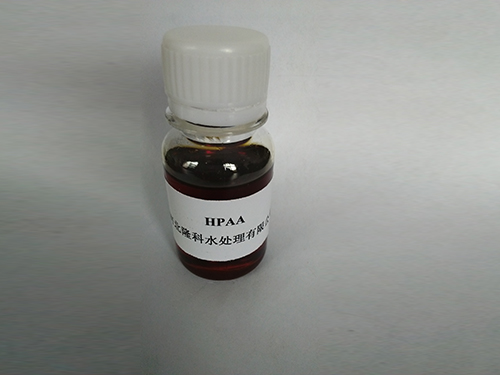disodium salt
Disodium Salt An Overview of Its Uses and Benefits
Disodium salt, a common term that refers to various chemical compounds containing two sodium (Na) ions, plays a significant role in numerous applications across different industries. This compound is widely recognized for its versatile nature, cost-effectiveness, and ability to enhance the properties of numerous products. In this article, we will explore what disodium salt is, its various forms, applications, and the benefits it offers to both consumers and industries.
What is Disodium Salt?
Disodium salt generally refers to compounds that have two sodium ions for every molecule. The most prevalent and commercially significant example is disodium phosphate (Na2HPO4), which falls under the category of inorganic salts. Disodium salts are commonly utilized for their ability to interact with other substances and provide unique properties, such as buffering agents in biochemical applications and emulsification in food products.
Forms of Disodium Salt
Disodium salts are typically found in various forms depending on the specific needs of an application. For example
1. Disodium Phosphate This is perhaps the most well-known form, which is often used in food processing as an emulsifier and leavening agent. 2. Disodium EDTA A chelating agent that binds to metal ions, making it useful in both food preservation and in medical applications to treat heavy metal toxicity. 3. Disodium Succinate Applied in food and pharmaceutical industries for flavor enhancement and as a buffering agent.
These forms have diverse functional properties, making them suitable for various applications
.Uses of Disodium Salt
Disodium salts have a myriad of applications in different fields
1. Food Industry Disodium salts are utilized as preservatives, flavor enhancers, and emulsifiers. They help maintain food quality during storage, improve texture, and can even enhance the product's nutritional profile. For instance, disodium phosphate is often added to processed cheese products to improve their creaminess and prevent separation.
disodium salt

2. Pharmaceuticals In the pharmaceutical sector, disodium salts serve critical roles in drug formulation and delivery. They can act as stabilizers for active ingredients, thereby enhancing the drug's effectiveness and shelf life. Disodium EDTA, for instance, is frequently used to treat conditions of heavy metal poisoning.
3. Agriculture Disodium salts are also important in agriculture, where they are used in fertilizers to improve nutrient absorption by plants. Their ability to chelate various essential minerals and elements aids in enhancing soil quality and promoting plant growth.
4. Industrial Applications In industrial settings, disodium salts are employed as components in detergents and cleaning agents. Their properties help in softening water and improving the effectiveness of these cleaning products.
Benefits of Disodium Salt
The advantages of using disodium salts can be highlighted in several areas
1. Cost-Effectiveness Disodium salts are generally affordable, making them accessible for various industries. Their efficacy at low concentrations means that only small amounts are needed for significant effects, contributing to economic efficiency.
2. Safety and Stability Many disodium salts are regarded as safe for consumption and use. They are stable compounds that do not easily break down, thus providing reliable functionality in applications ranging from food preservation to pharmaceutical formulations.
3. Versatility The variety of disodium salts available allows for tailor-made solutions depending on specific industry requirements. This flexibility makes them invaluable in producing a wide range of products.
4. Functional Benefits Their unique properties provide functional improvements in texture, flavor, and stability. This is particularly relevant in the food and pharmaceutical industries, where product quality is paramount.
Conclusion
Disodium salts, with their diverse forms and applications, are integral to numerous industries, ranging from food production and pharmaceuticals to agriculture and industrial cleaning. Their cost-effectiveness, safety, and versatility make them essential components in many products that consumers encounter daily. As industries continue to evolve, the role of disodium salts will likely expand, underscoring their importance in both enhancing product quality and supporting innovative applications.
-
Water Treatment with Flocculant Water TreatmentNewsJun.12,2025
-
Polymaleic AnhydrideNewsJun.12,2025
-
Polyaspartic AcidNewsJun.12,2025
-
Enhance Industrial Processes with IsothiazolinonesNewsJun.12,2025
-
Enhance Industrial Processes with PBTCA SolutionsNewsJun.12,2025
-
Dodecyldimethylbenzylammonium Chloride SolutionsNewsJun.12,2025





